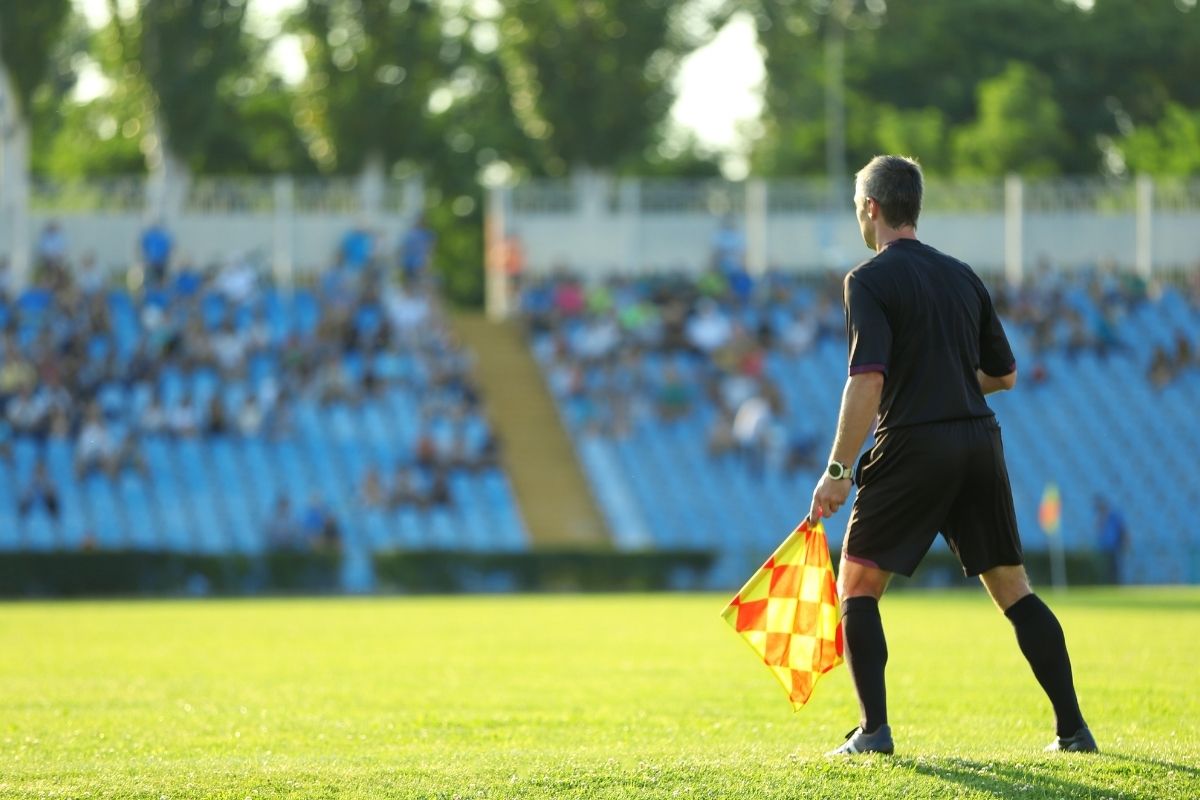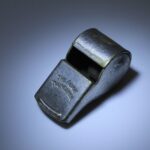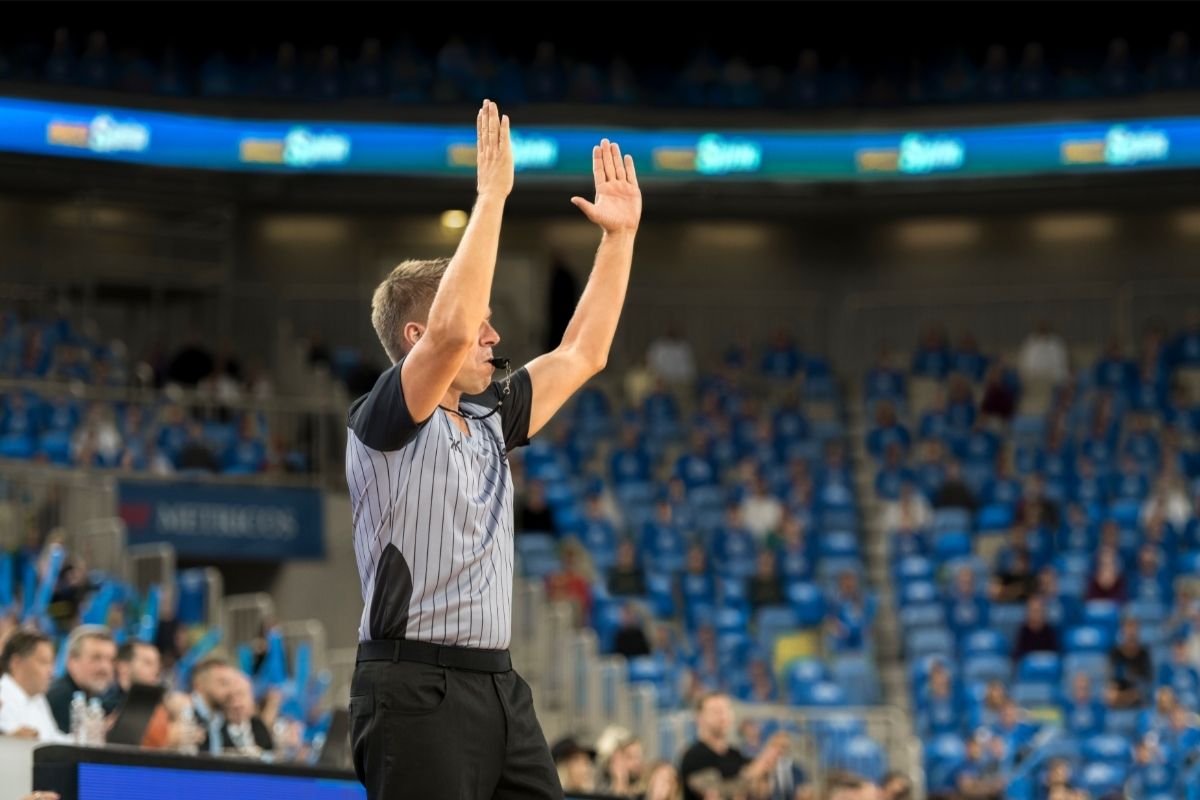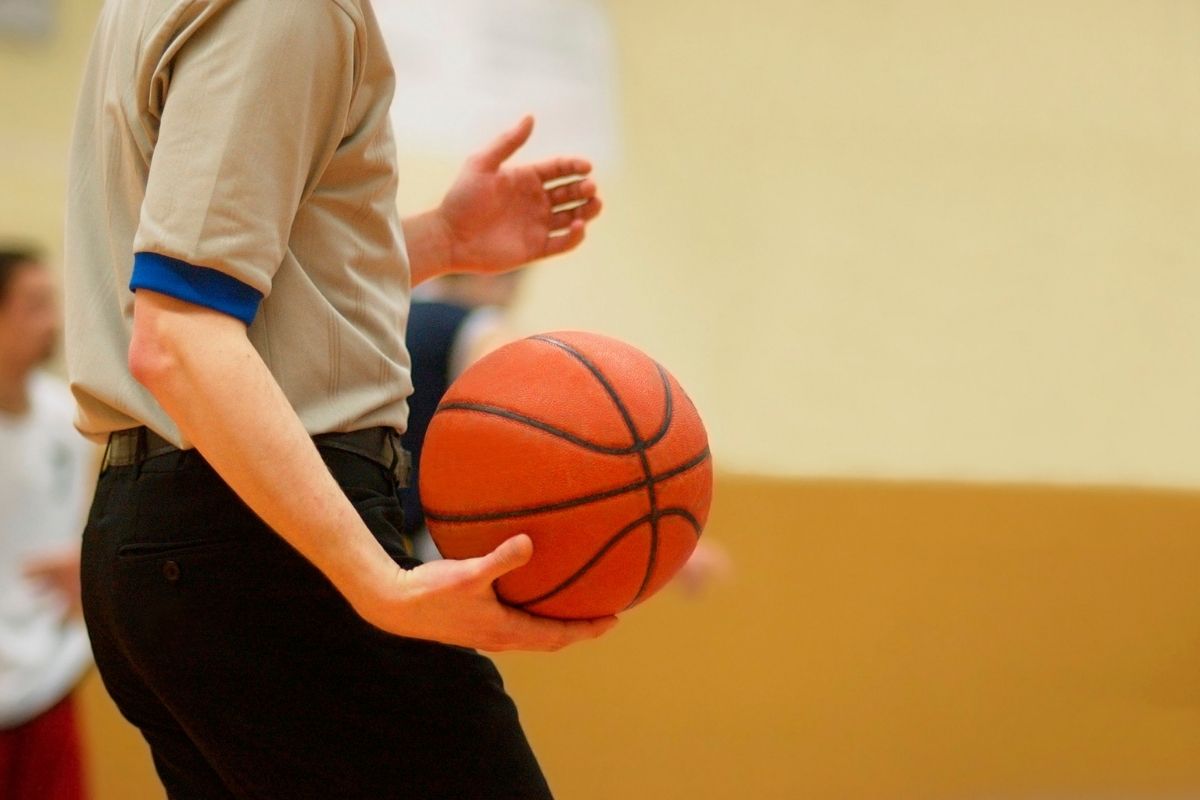Soccer is a very popular sport and many people want to play it. Soccer teams are available for all different ages.
Many parents often try and enroll their children in soccer clubs as an extracurricular activity or secretly in hopes their children will grow up to be professional soccer players.


When it comes to refereeing a little league soccer game, it is vastly different from professional soccer games.
After all, this is working with children. It can be confusing working out how to referee a little league soccer game.
Well, if you want to know how to referee a little league soccer game, you have come to the right place.
We are going to walk you through everything you need to know in order to referee a little league soccer game successfully. This includes explaining the role of a little league soccer referee.
What Is Little League Soccer?
Most parents are familiar with little leagues, a term that usually refers to a baseball organization for children between the ages of eight and twelve years old.
So naturally, parents interested in soccer might seek to enroll their children in a little league soccer club.
However, the term little league soccer isn’t exactly what soccer clubs for children are called. Instead, soccer clubs and games for children are referred to as youth soccer. Though, the two terms are essentially the same thing.
The Role Of A Little League/Youth Soccer Referee


The easiest way to learn about how you referee a little league/youth soccer game is to look at what the role of the referee is in those games.
Here are the main things a referee should be focusing on during a little league/youth soccer game.
Safety
It goes without saying that safety is the number one thing a referee should keep in mind.
In order to be able to referee a little league/youth soccer game then you need to be in charge of making sure the pitch is safe for the children to play on.
To referee a little league soccer game efficiently, you should arrive at the pitch before others and well before the game is scheduled to start.
It doesn’t make a difference if you are a parent standing in for a referee or a qualified referee, before the game starts you need to do a thorough inspection of the pitch.
The first thing the referee should do is check the quality of the pitch. This means making sure there are no animal feces on the pitch or near it.
Check to see whether there are any ditches or holes where children could hurt themselves. If the weather has been particularly bad, wear cleats and check to make sure any of the areas of the pitch are not too hard.
Another area for safety concerns is the goal post. The last thing you want to happen during a game where you are the referee is a child getting hurt.
So inspecting the goalposts is incredibly important, especially because goalposts have been the cause of many injuries to children. Ensure that they are firmly anchored in the ground and there is no possibility of them falling.
Rules Of The Game
After ensuring that the pitch is safe to play, the next role of the referee is to enforce the rules of the game.
This is where refereeing for a little league/youth soccer game and a professional soccer game differs. In little league/youth soccer, the referees need to be firm but they shouldn’t be too harsh on the children when enforcing the rules.
Regardless, make sure you know the laws of the game like the back of your hand. When the game is in play, don’t be overly friendly or overly firm.
Make sure you come prepared with everything you need to enforce the rules of the game. This means you have yellow and red cards, as well as your whistle.
Keep The Game Fun
If you are refereeing a competition in a league then you need to keep the game fair, but also fun. When it comes to children’s football they need to learn the rules but you don’t want to discourage them from pursuing the sport.
Inspire The Children – Be A Role Model
As a referee, the children will be looking up to you as a leader. So make sure you show exceptional sportsmanship.
It helps if you dress the part, so break out that uniform. This is needed for league competitions.
What To Do During The Game
During the game it can be easy to forget what you need to do, so here is a list of things to be aware of.
- Rules Of The Competition – It is important that you and the assistant referees are aware of the rules for this league you are refereeing in.
- Lift Your Eyes – When you start refereeing for leagues it can be difficult to remember to lift your eyes away from the ball. So consciously make checks to lift your eyes to get a better view of the pitch.
- Be Aware Of The Assistant Referees – During the game, keep checking on the assistant referees to make sure you are responding to their signals.
- Be Firm With Coaches – Coaches have a tendency to try and intimidate the referee, make sure you set out clear rules for them and stand your ground.
- Be Confident And Decisive – It is vital that you make quick decisions during any soccer game.
- Review Your Game Report – During the half-time break have a look at your score sheet and make sure it is accurate.
Final Thoughts
Refereeing a little league/youth soccer game is all about ensuring the safety of the children and enforcing the laws of the game.
Compared to professional soccer games with adults, referees need to be less harsh and keep in mind that they are working with children.
We hope this has helped you understand how you referee a little league soccer game. Please share this article with others who might be interested. Thank you for reading!
- Can You Play Pickleball on Grass? Tips and Tricks - June 12, 2023
- Do Pickleballs Wear Out? Everything You Need to Know - June 12, 2023
- Can You Play Pickleball on Concrete? A Guide to Playing on Hard Surfaces - June 12, 2023








